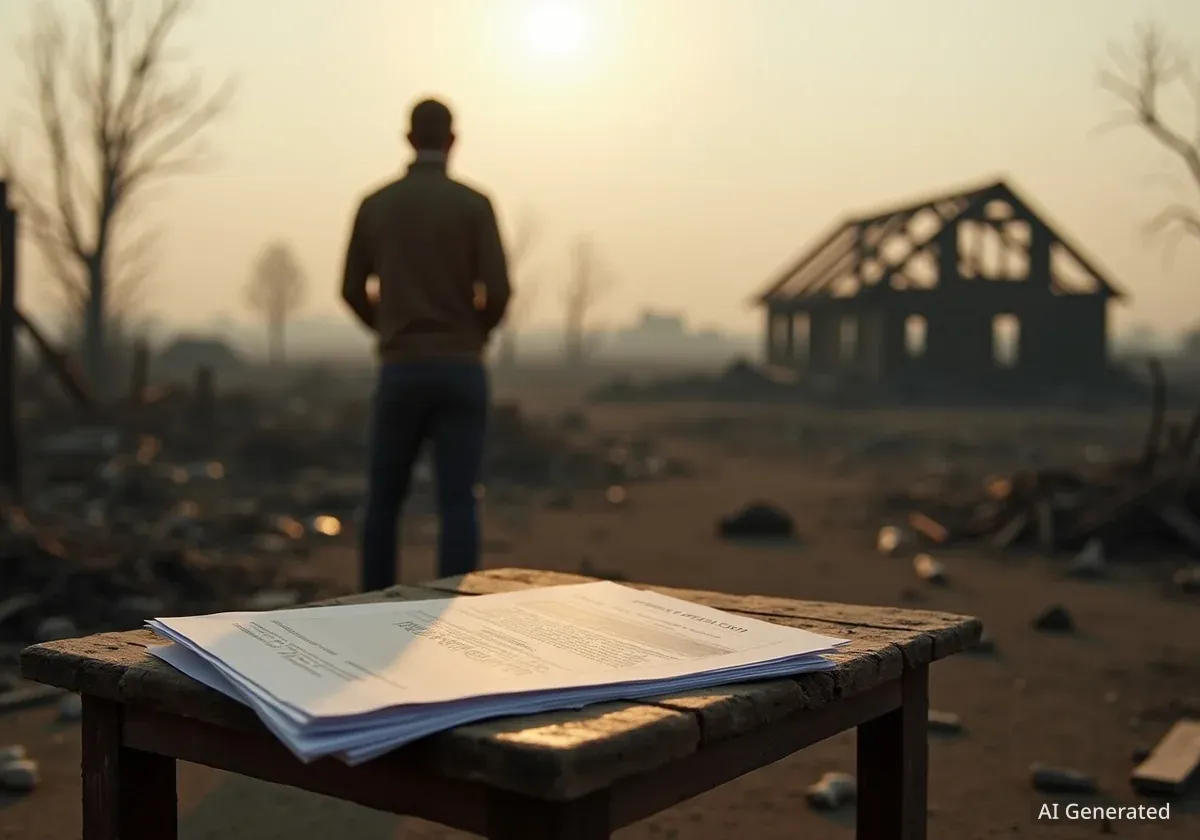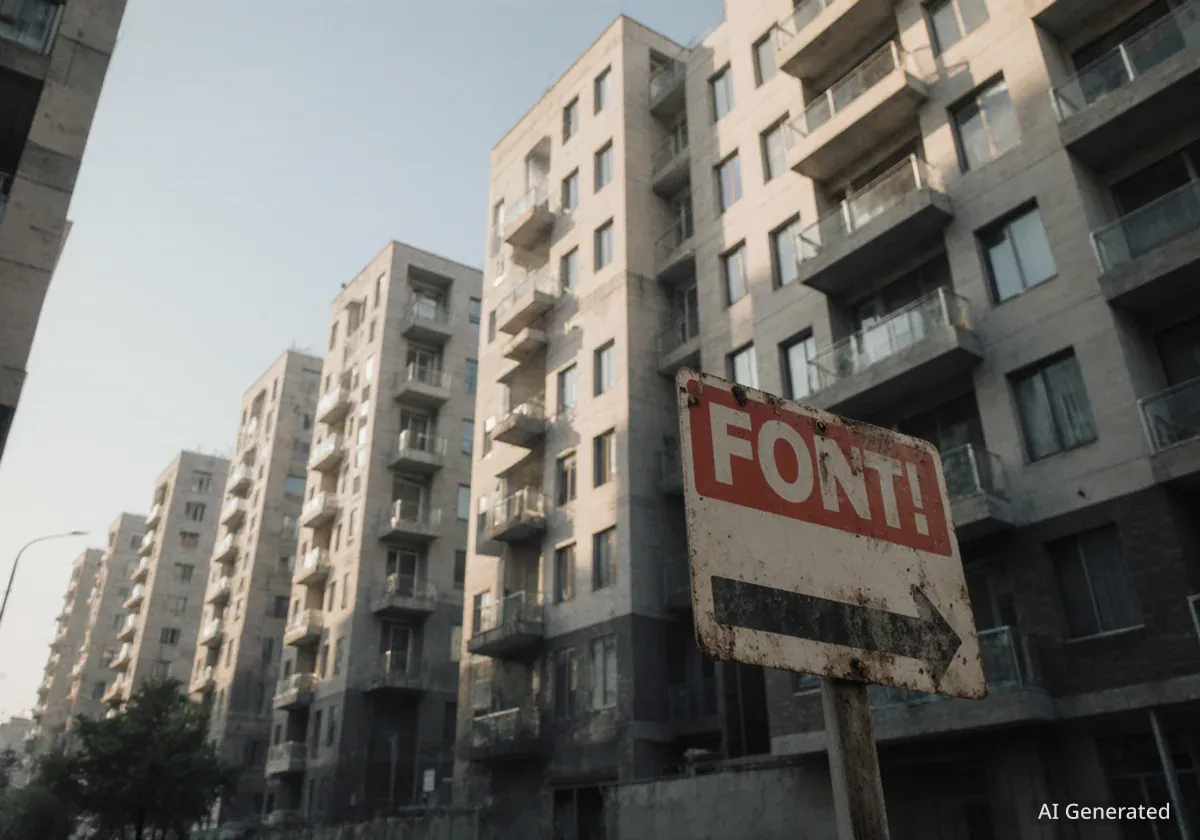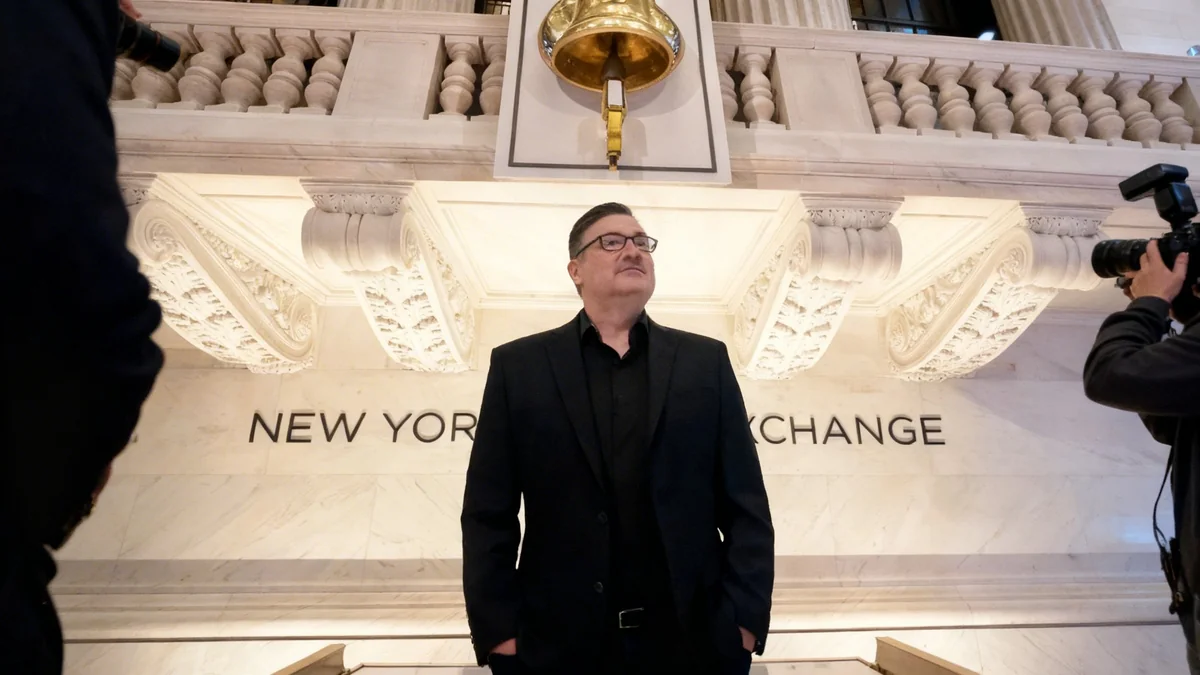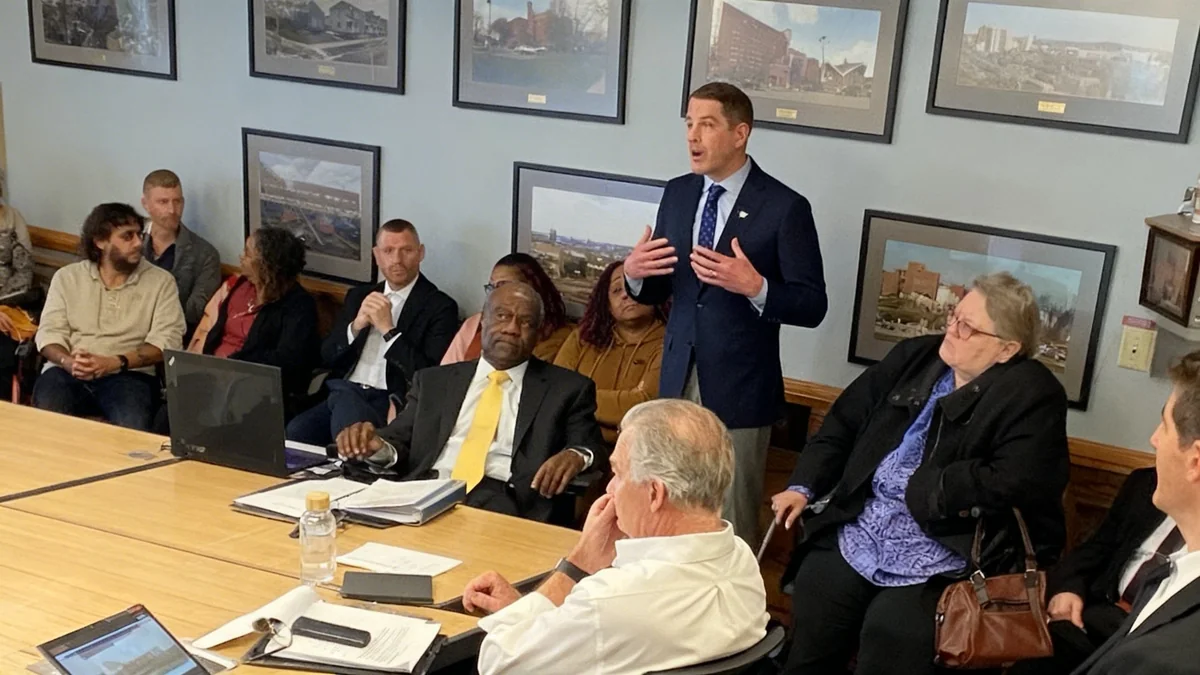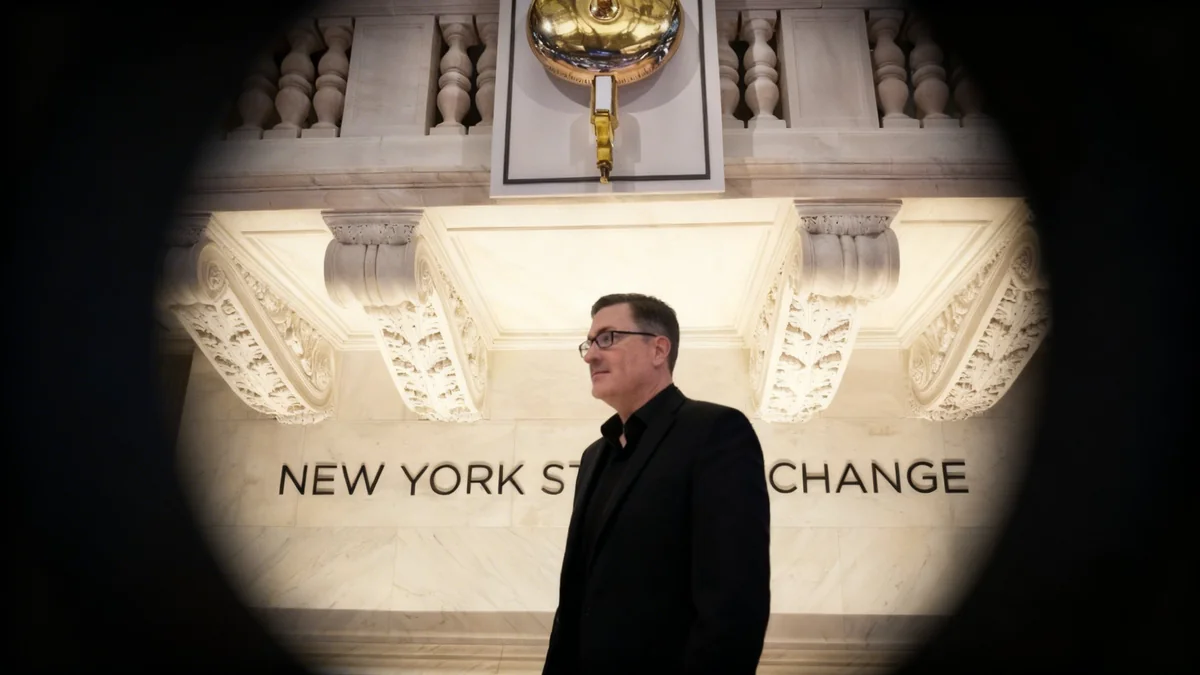Months after devastating wildfires destroyed thousands of homes in Southern California, residents are encountering significant delays in their efforts to rebuild. A combination of bureaucratic hurdles, soaring construction costs, and inadequate insurance payouts has left many homeowners in limbo, with only a small fraction of rebuilding permits approved.
The slow pace of recovery is evident across Los Angeles County, from the coastal community of Malibu to the suburban neighborhoods of Altadena. Despite government promises to streamline the process, less than 15% of homes destroyed in some areas have received permits to begin reconstruction, forcing many families to reconsider their future in the fire-ravaged communities.
Key Takeaways
- Fewer than 15% of rebuilding applications have been approved in some areas affected by this year's Southern California wildfires.
- Homeowners cite slow permit processing, high construction costs, and insufficient insurance coverage as major obstacles.
- Real estate values for burned lots have declined as some residents sell and move away rather than rebuild.
- Local governments have implemented measures to expedite approvals, but many residents still experience significant delays.
Widespread Destruction and a Slow Recovery
The scale of the destruction from the January blazes was immense. The Palisades Fire burned through Malibu and Pacific Palisades, destroying approximately 4,000 homes. In the eastern part of the county, the Eaton Fire devastated the community of Altadena, leveling over 4,000 more residences.
In response, government agencies mobilized for a massive cleanup effort. According to the U.S. Army Corps of Engineers, 2.6 million tons of debris were removed from the affected areas. This volume is greater than the rubble from the World Trade Center collapse.
However, the transition from cleanup to construction has been sluggish. As of late September, Los Angeles County had approved just 406 construction permits out of 1,872 applications for areas it oversees, including Altadena. The city of Los Angeles, responsible for Pacific Palisades, approved 260 permits from 1,642 applications.
Historical Precedent for Delays
The challenges in rebuilding are not new to California. Following the 2018 Woolsey Fire in Malibu, only about 40% of the 488 homes destroyed have been fully reconstructed to date. This history highlights the persistent difficulties homeowners face after a major disaster.
The Human Cost of Bureaucracy and High Costs
For homeowners like Andy Weyman, the process has been fraught with setbacks. The TV and stage director's Malibu home was destroyed in the Palisades Fire. Despite having city-approved blueprints from a recent remodel, he has faced numerous hurdles.
"We’re flailing to figure out the solution," Weyman, 67, said. "Every possibility is fraught with downsides and compromises." His challenges include the need for new geological tests for his bluff-top property, construction estimates that are nearly double his insurance coverage, and the unexpected death of his architect.
Many residents share similar stories of frustration with insurance companies. Annie Compton, a 41-year-old writer, initially planned to rebuild the Altadena home she shared with her husband and two children. However, navigating the bureaucracy became overwhelming.
"It was on the market for so long, and we didn’t have offers, so you just take what you can get," Compton stated, after deciding to sell their lot and move to Minneapolis.
Compton explained that each call with her insurer revealed new restrictions, and the payouts were insufficient to cover temporary housing, let alone the full cost of rebuilding. Her application for a Small Business Administration loan was also denied after being mishandled by multiple loan officers.
Efforts to Streamline Permitting
Local officials have acknowledged the difficulties and have taken steps to accelerate the permitting process. Governments in the burn areas agreed to fast-track approvals for homes rebuilt no more than 10% larger than their original size. They also allowed licensed architects and engineers to self-certify that plans meet building standards.
Permit Times Improve, But Challenges Remain
- Pacific Palisades: Plan approval times average 76 days, a significant improvement from the typical 24 months outside the fire zone.
- Altadena Area: Permit approvals average 62 days, down from about eight months before the fire.
- Malibu: The first two permits took an average of 182 days, which is still faster than the typical six-year process in the complex coastal area.
Despite these improvements, some, like architect Rich Wilken, report ongoing issues. After losing his own home, Wilken took on the task of designing 10 new houses for himself and friends. He described a frustrating process with the LA building department, marked by conflicting opinions from a changing cast of inspectors that required costly and time-consuming resubmissions.
"The building department’s answers change every day," Wilken said.
Economic Fallout and Market Shifts
The slow pace of rebuilding is having a tangible effect on the local real estate market. With many homeowners unable or unwilling to rebuild, a growing number of empty lots have gone up for sale, leading to a drop in prices.
According to real estate broker Ramiro Rivas, prices for burned lots in the Altadena area have fallen from a post-fire high of $88 per square foot to around $60 per square foot. In Pacific Palisades, agent Anthony Marguleas reported that lot prices in August were as much as 34% lower than in March.
This market shift has attracted investors. One of the most prominent buyers is Black Lion Properties LLC, a company controlled by Edwin Castro, who won a $2 billion lottery jackpot in 2022. The company has purchased 15 lots in Altadena, stating it aims to "help some of them, while keeping ownership of the property local."
A Path Forward Through Compensation
For victims of the Eaton Fire, a potential financial lifeline has emerged. In July, Southern California Edison announced a compensation program for victims. The utility, which has faced multiple lawsuits alleging its equipment started the fire, has not accepted responsibility but is offering funds to homeowners.
The proposed program would offer:
- $660 to $760 per square foot for rebuilding a single-family home.
- An additional $200,000 bonus for owners who settle directly with Edison.
- $100,000 per adult and $60,000 per child as compensation for pain and suffering.
This program could provide the necessary capital for many Altadena residents to begin reconstruction. However, for those in other fire-affected areas like Malibu, the financial equation remains challenging. Local architect Stephen Phillips noted that a typical 1,500- to 2,000-square-foot home will cost at least $1 million to rebuild, a sum that often exceeds insurance payouts.
While some, like Mike Rothschild, who was adequately insured through USAA, are moving forward, many others are stuck. For the Weyman family in Malibu, despite the obstacles, the desire to return to their dream home with its sweeping ocean views remains strong.
"It was our dream house, we loved it so much," Weyman said. "We’d come back from a trip to Europe and say, ‘This is our favorite hotel.’"

